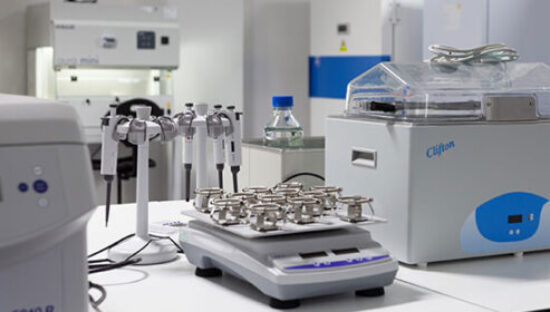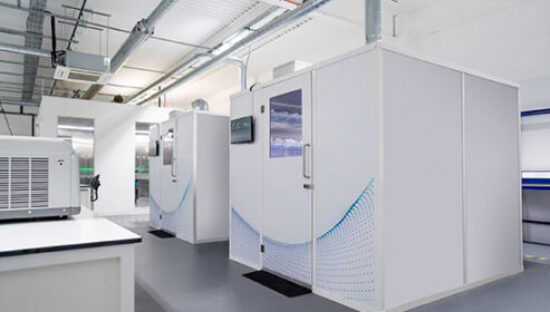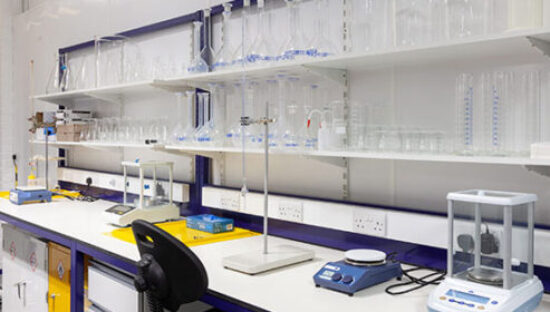Select your device
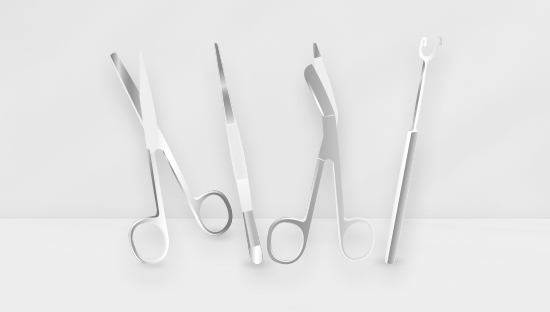
Class IR Instruments
Reusable surgical instruments, all of which must meet specific criteria laid out in EU 2017/745 Medical Device Regulation (MDR).
41 related Medical device resources related to Class IR Instruments
- 41 services available
- 4 week typical lead time*
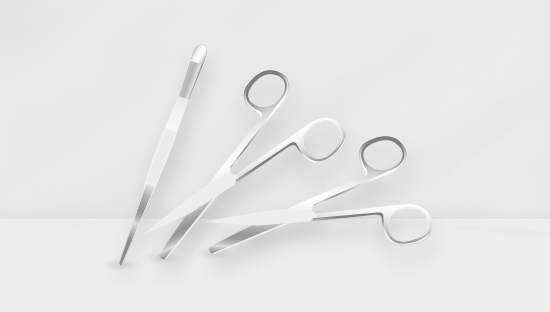
Single Use Instruments
Forceps, tweezers, clamps, needle holders, etc. Used to hold or manipulate tissue, blood vessels, or other medical devices.
25 related Medical device resources related to Single Use Instruments
- 25 services available
- 4 week typical lead time*
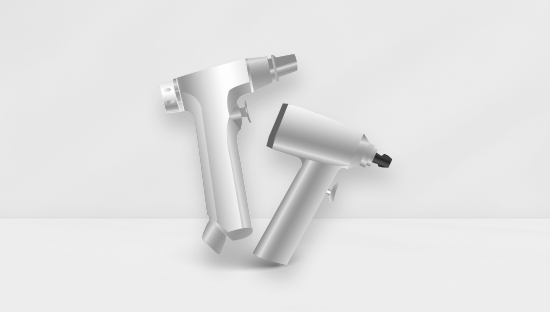
Powered Instruments
Drills, suction tools, electrosurgical tools, etc. Instruments that may fit into the other categories but require electrical power to operate.
40 related Medical device resources related to Powered Instruments
- 40 services available
- 4-6 week typical lead time*
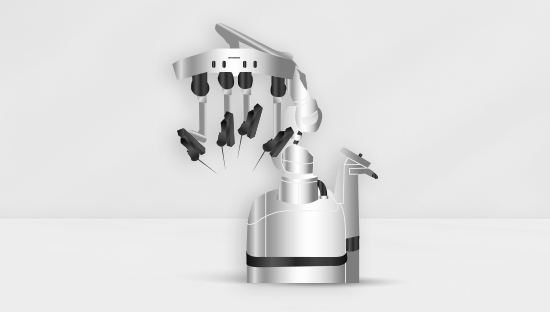
Robotic surgical devices
High-tech systems for operating on patients with extreme precision.
42 related Medical device resources related to Robotic surgical devices
- 42 services available
- 4-6 week typical lead time*
Don't see your device?
See our research & testing facilities
Strong foundations are built with robust Quality Management Systems

